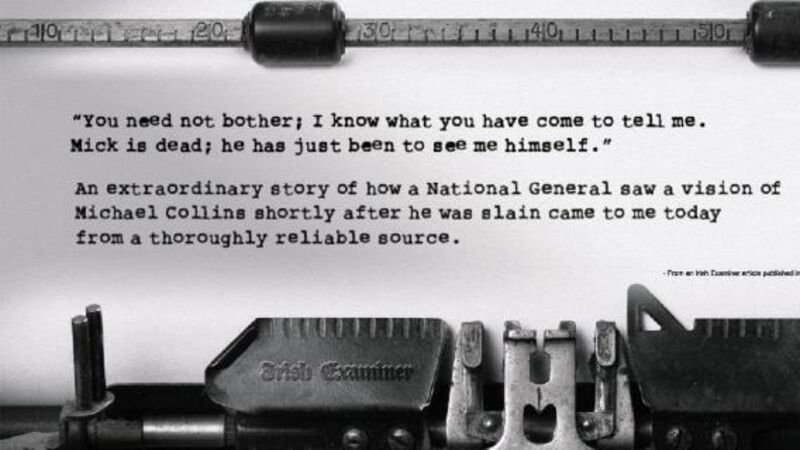Discover corsets, cough syrup, and the 1916 Dublin Outbreak in our digital archive

From the rise of Daniel O’Connell and the devastation of the Great Famine, to the horrors of conflict at home and abroad, the has for generations sought to shine a light on the trials and tribulations of our island and its inhabitants.
Holding not so much a mirror of reflection as a candle to illuminate the birth of a nation and beyond, this newspaper, founded by John Francis Maguire under the title in 1841, has prided itself on fairness, objectivity and the pursuit of truth in the news.













